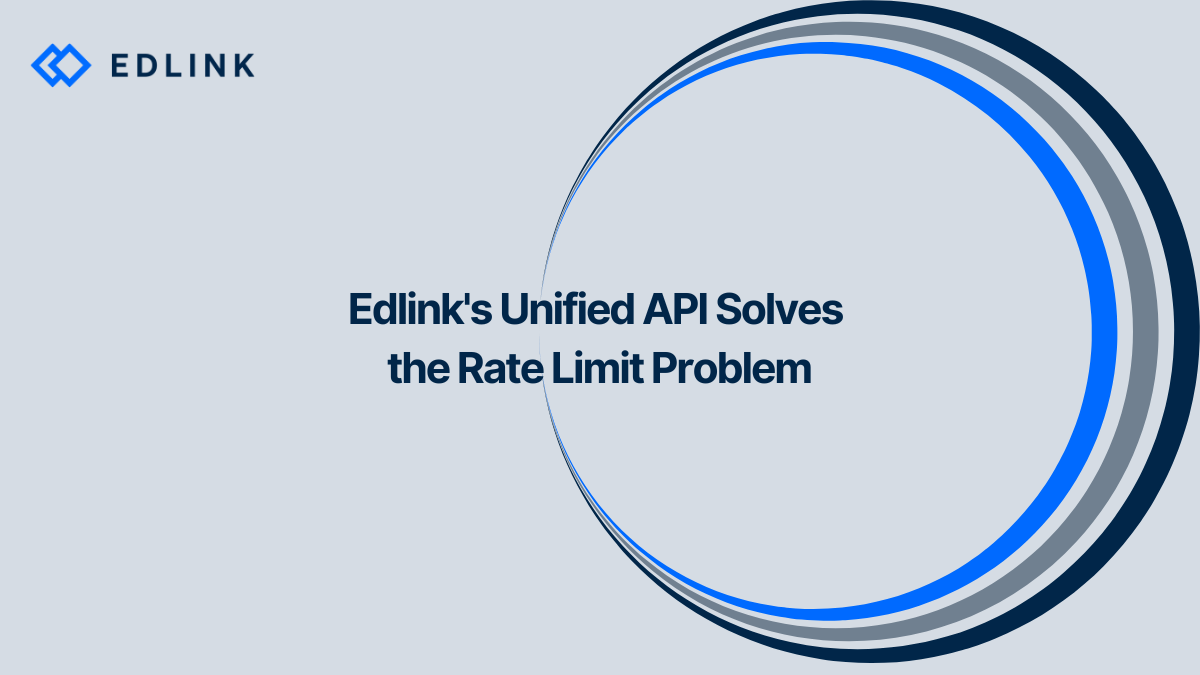Imagine a superhero. As they become “super”, heroes inspire their arch-nemesis (accidentally, of course). Not to equate superheroes and integrations, but with APIs you get a similar struggle. In this case, an API is the superhero and rate limits are the arch-nemesis.
What are rate limits?
Rate limits are a necessary evil in the integration world. In short, rate limits help provide better user experiences by limiting the number of responses to an API. To every light side, there is a dark side.
Techbeacon explains it best:
If your API becomes overloaded, its performance struggles. Rate limits protect against that by curtailing the number of requests that come into your server. If your API is the target of a malicious DoS (denial-of-service) attack, for example, it can go down entirely. Rate limiting allows API developers to ensure an API will reject requests that exceed a set limit.
Rate limits help user experiences, but set immediate limitations on it too. Enter the fatal flaw of any hero.
What types of problems do rate limits create?
- To set up a connection to an LMS API you would need to build a caching system to avoid hitting the rate limit. Your development team will spend time defining the best context for how to write the code.
- For an effective catching system, your team will also need to store Personally Identifiable Information (PII). When you store critical data, you face a security liability.
- When your API connection reaches the rate limit, then a cooldown period needs to pass before it can process more requests. In the meantime, your users will twiddle their thumbs waiting to get information they need, at the key moment they need it. It’s not a good end-user experience.
- A good API connection for one LMS takes time to develop, company money, and adjustments to scale. To build more than one API connection exponentially increases the difficulty of those three factors.
- Some EdTech companies won't face their rate limit foe initially. But to scale, the problem becomes harder to turn away from. For a successful business, this is an inevitable battle you will have to take on.
How do you defeat the arch-nemesis?
Use a tech partner who’s already faced this battle and won (that’s Edlink!). We’ve created a unified API which allows our clients to surpass rate limits and still provide an amazing end-user experience for the top LMS and SIS integrations. Together with Edlink, you'll win each time.
Just how much do we win by?
Edlink is a tech partner to educational tech vendors for schools. With our unified API, we help you integrate with a school’s LMS and SIS – so you can focus on your customers. Listen to either of these quick interviews with Schoolrunner or EdTech Solutions. Their successes are ours too.
Read More on Integration
Here are other articles we’ve written on building integrations to help you on your journey:
- What to know about Single Sign-On for Education
- Single-tenant vs Multi-tenant: What’s better for your app’s security
- Case Study: Schoolrunner
- Why would I Work with Edlink Instead of Just Building My Own LTI Application?
- District Onboarding with Edlink
Learn More about Edlink
If you're looking for a partner who can help guide you through developing LMS integrations (like these), then let’s introduce ourselves. We’re Edlink!

